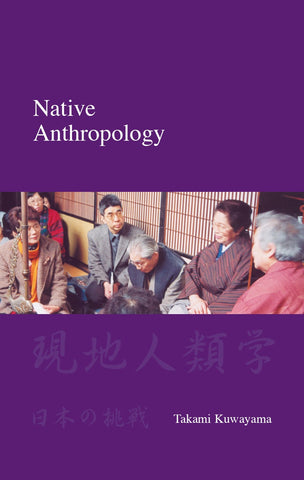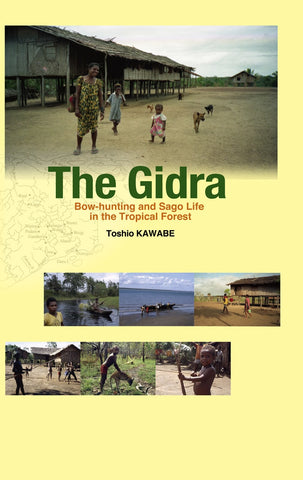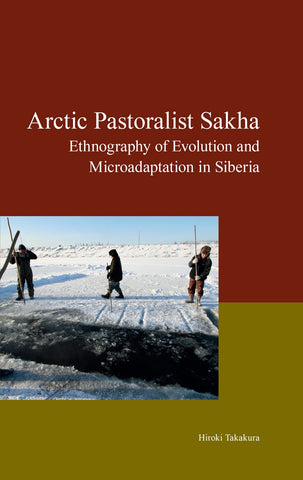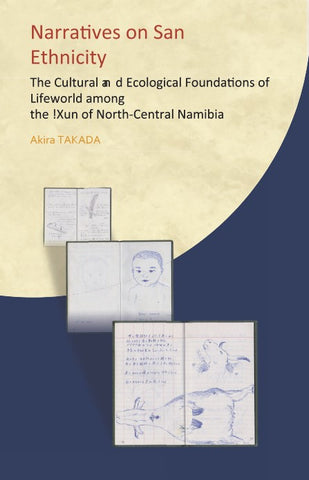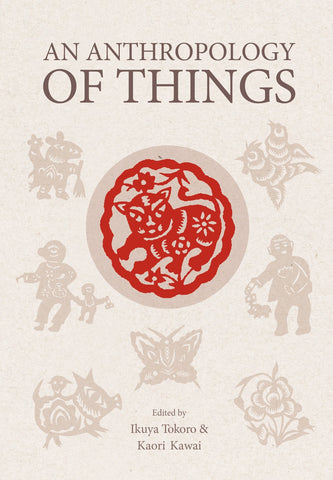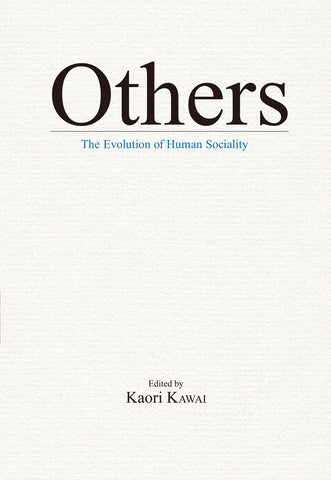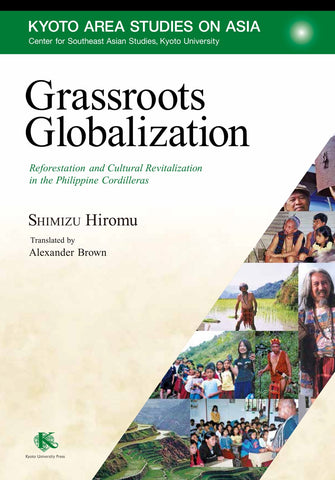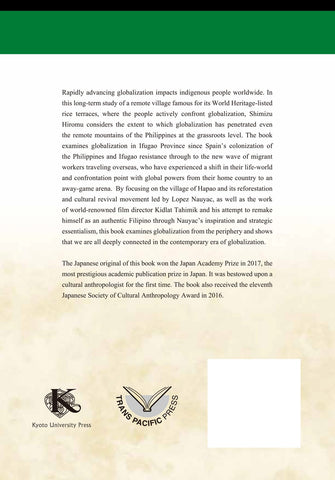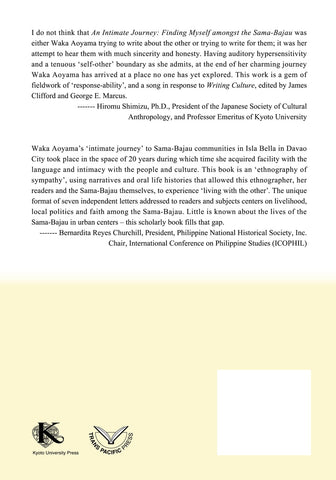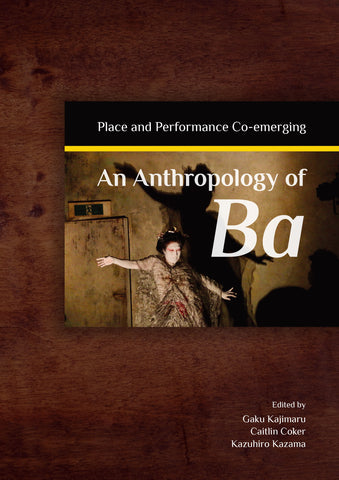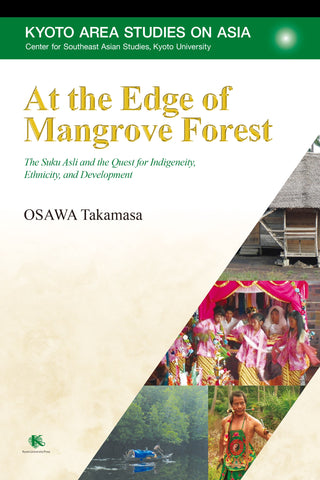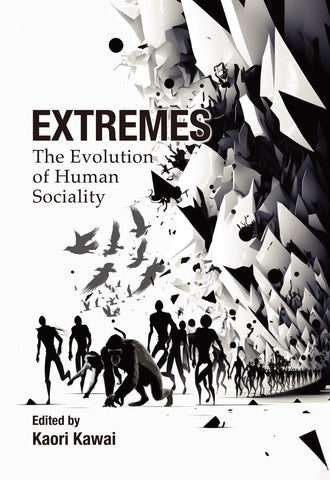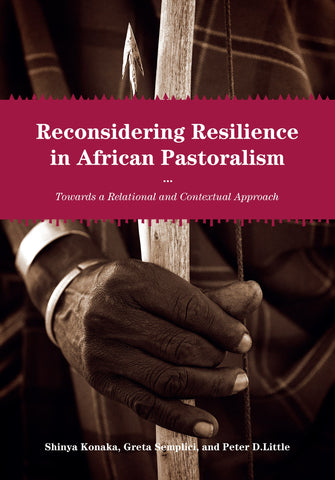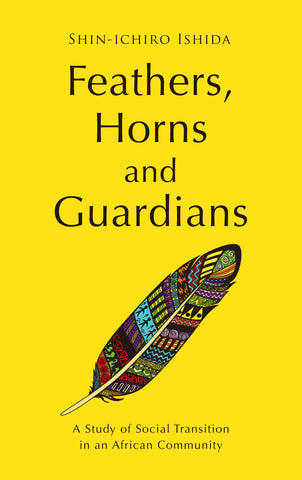Affectus
Many In Stock
We are constantly being influenced and acted upon by various people, creatures and things, in other words, by beings outside our bodies. Taking Spinoza’s concept of ‘Affectus’ as a base, this book is an attempt by thirteen specialists from various fields, including anthropology, Japanese painting, primatology, cognitive psychology and philosophy, to present their work from the perspective of Affectus.
From a foray into the forest to study bonobos that led to the author’s experience of gradually resonating with the rhythms emitted by the forest, changing his senses to the point that he became able to identify the myriad of forest sounds, to descriptions of a large drum player showing his creativity and improvising only when he is affected by the precise rhythms that the cymbals and small drums chime in, and to the contemporary world of Japanese chess, where human players and AI interact and influence each other’s game play, the authors of this book present a new affective world view.
Complex intrinsic forces, ‘outside of us’, are felt to exist, but are invisible, unpredictable, and different from oneself. We both wait for and accept something that comes from the outside, and somehow live that Outside. Reviewing our experiences from the Affectus perspective reveals a new world.
About Editors and Authors
Ryoko Nishii is a professor at the Research Institute for Languages and Cultures of Asia and Africa, Tokyo University of Foreign Studies. She holds a PhD in literature. Her specialties and interests are anthropological fieldwork, ethnography of affect and the anthropology of death.
Tadashi Yanai has been a professor at the Graduate School of Arts and Sciences, the University of Tokyo, since 2013. He received his PhD from the University of Tokyo in 1993. He was a visiting professor at the University of Barcelona, and an associate professor at Tenri University and the Graduate School of the University of Tokyo. He specializes in the anthropology of images and of nature, as well as philosophy.
Table of contents
List of Figures
List of Tables
List of Photographs
Contributors
Preface
Acknowledgements
Prelude: Affectus, or Carving Emptiness into the Body
(Kyoko Nakamura)
Introduction: Toward the Affective Worldview
(Tadashi Yanai and Ryoko Nishii)
Part I: Theoretical Horizon of the Affective Worldview
1 Plants and Humans as Affective Beings: An Exploration in Spinozist Anthropology
(Tadashi Yanai)
2 Affection from the Rainforest: Anthropology of Resonance and Beating
(Suehisa Kuroda)
Part II: Affects and the Virtuality of Life
3 The House and Mourning: Affectus, Things and the Dead
Show More >
List of Figures
List of Tables
List of Photographs
Contributors
Preface
Acknowledgements
Prelude: Affectus, or Carving Emptiness into the Body
(Kyoko Nakamura)
Introduction: Toward the Affective Worldview
(Tadashi Yanai and Ryoko Nishii)
Part I: Theoretical Horizon of the Affective Worldview
1 Plants and Humans as Affective Beings: An Exploration in Spinozist Anthropology
(Tadashi Yanai)
2 Affection from the Rainforest: Anthropology of Resonance and Beating
(Suehisa Kuroda)
Part II: Affects and the Virtuality of Life
3 The House and Mourning: Affectus, Things and the Dead
(Ryoko Nishii)
4 ‘Dreams and Fools that Eat Us’: Cases of Affectus in a ‘Shadow’Community of Southeast Sudan
(Akira Okazaki)
5 Affectus, Which Gives Life: A Case of Baptism in Western Niger
(Yutaka Sakuma)
Part III: Affects and the Sociality of Life
6 Dermal Architecture: Romanian Roma Houses and Music as Sites of Affectus
(Ayako Iwatani)
7 Boundaries, Movements and Rhythms: Aspects of ‘Drumming’in Byans and Adjacent Regions
(Katsuo Nawa)
8 Re-Describing ‘the Gift’: Towards a New Theory of ‘Gift-giving’
(Naoki Kasuga)
Part IV: Looking Further Afield
9 Technology on Affectus: Machines and Humans in Japanese Chess Today
(Akinori Kubo)
10 Postures/Emotions of Recollection and Their Fluctuations: On the Technology of the Forensic Interview
(Kotaro Takagi)
11 The Unresolved Problem of ‘Political Philosophy’ in Deleuze and Gauttari’s What is Philosophy? from the Perspective of‘ Natural Born Intelligence’ and ‘Anthropology of Images’
(Kazunori Kondo)
12 Form of Cognition by Which the Outside Is Summoned
(Yukio-Pegio Gunji)
Conclusion
(Tadashi Yanai)
Index
< Show Less

